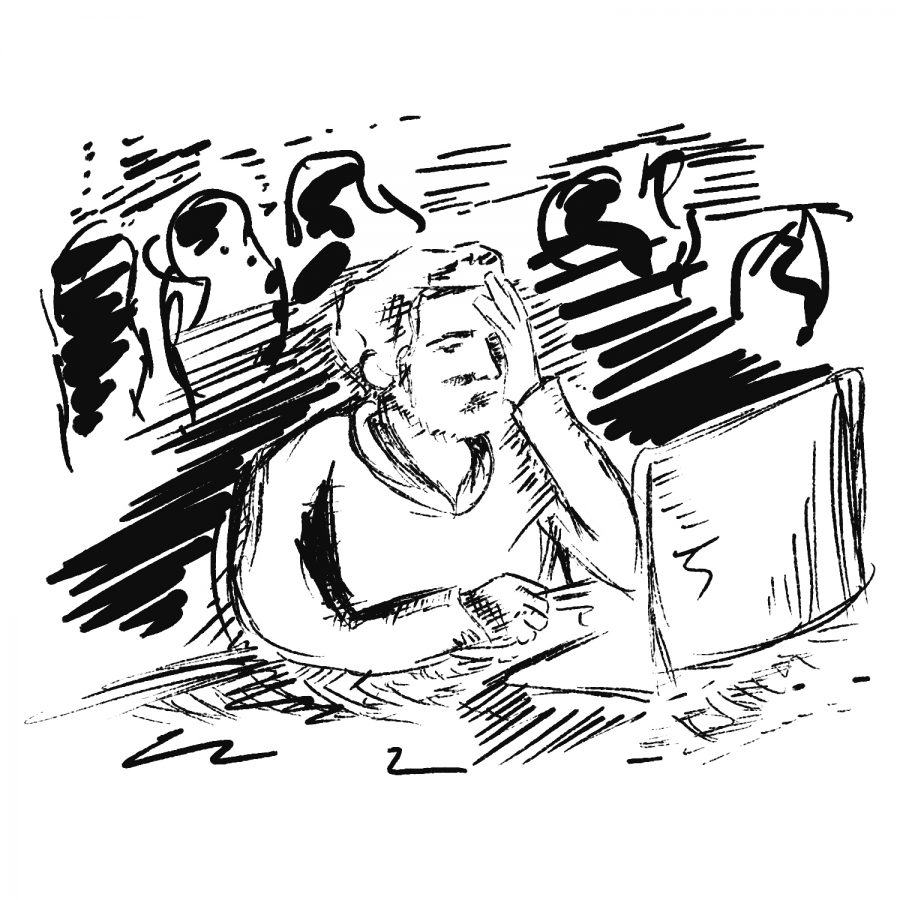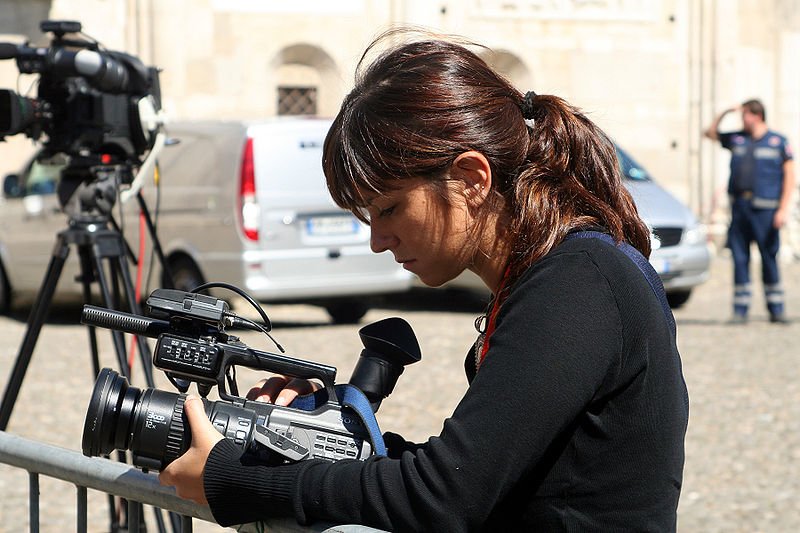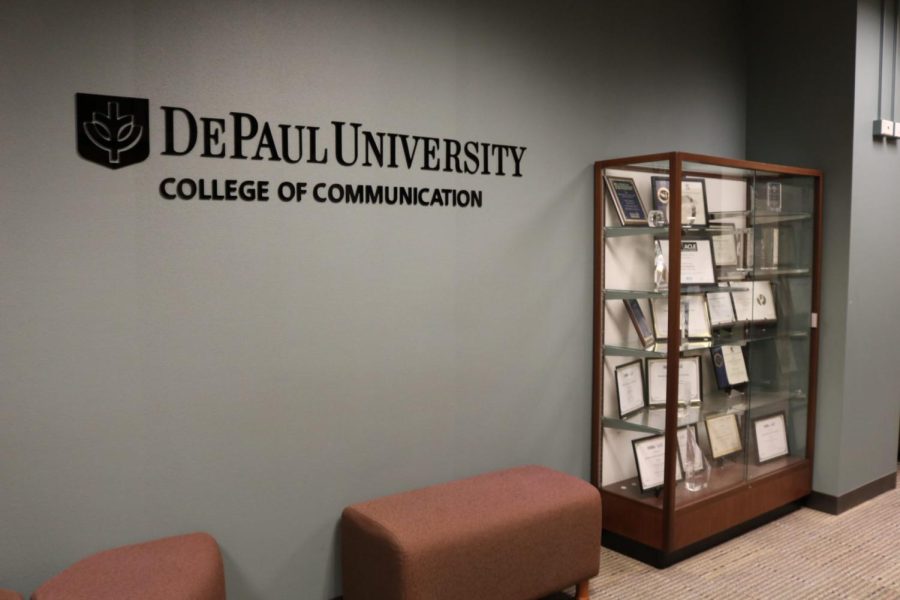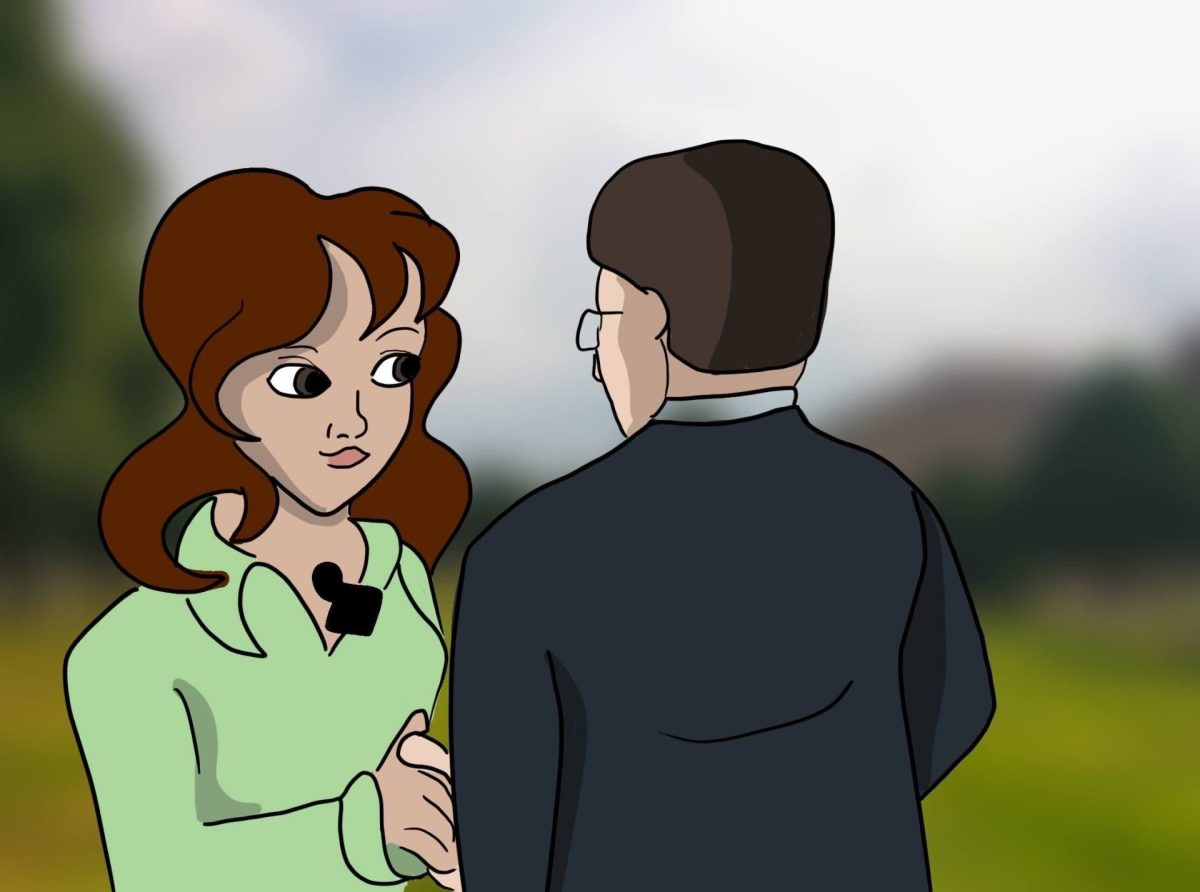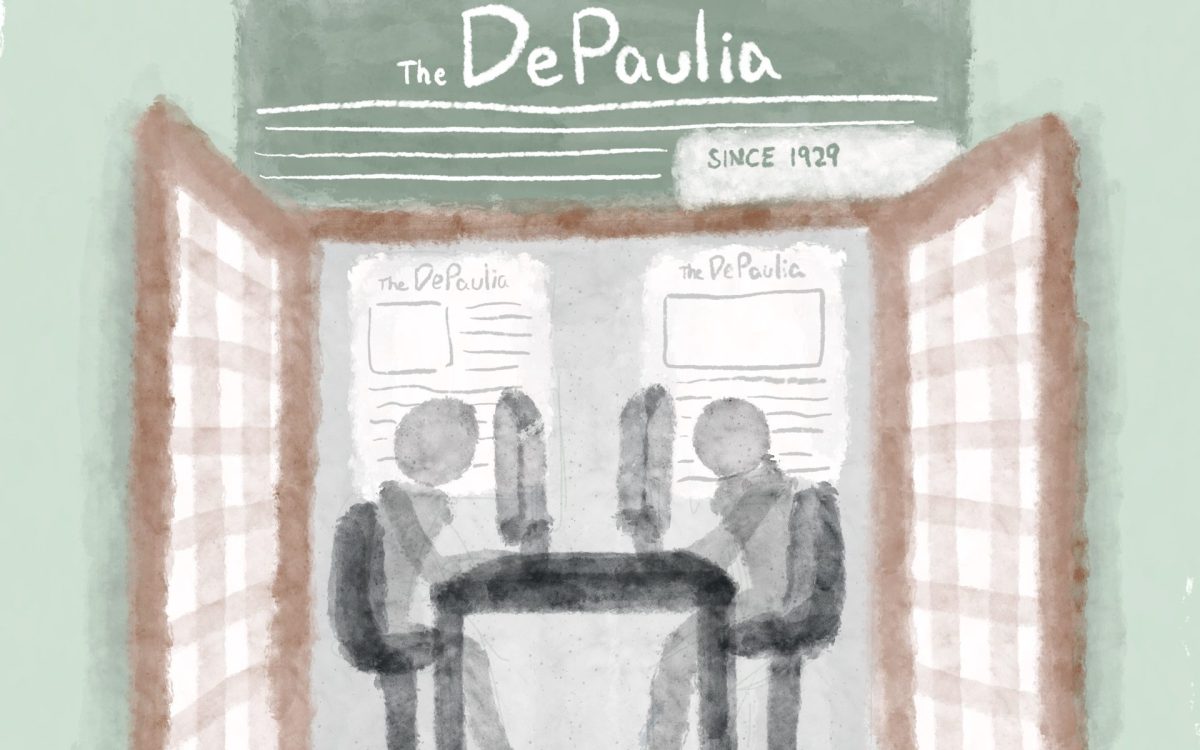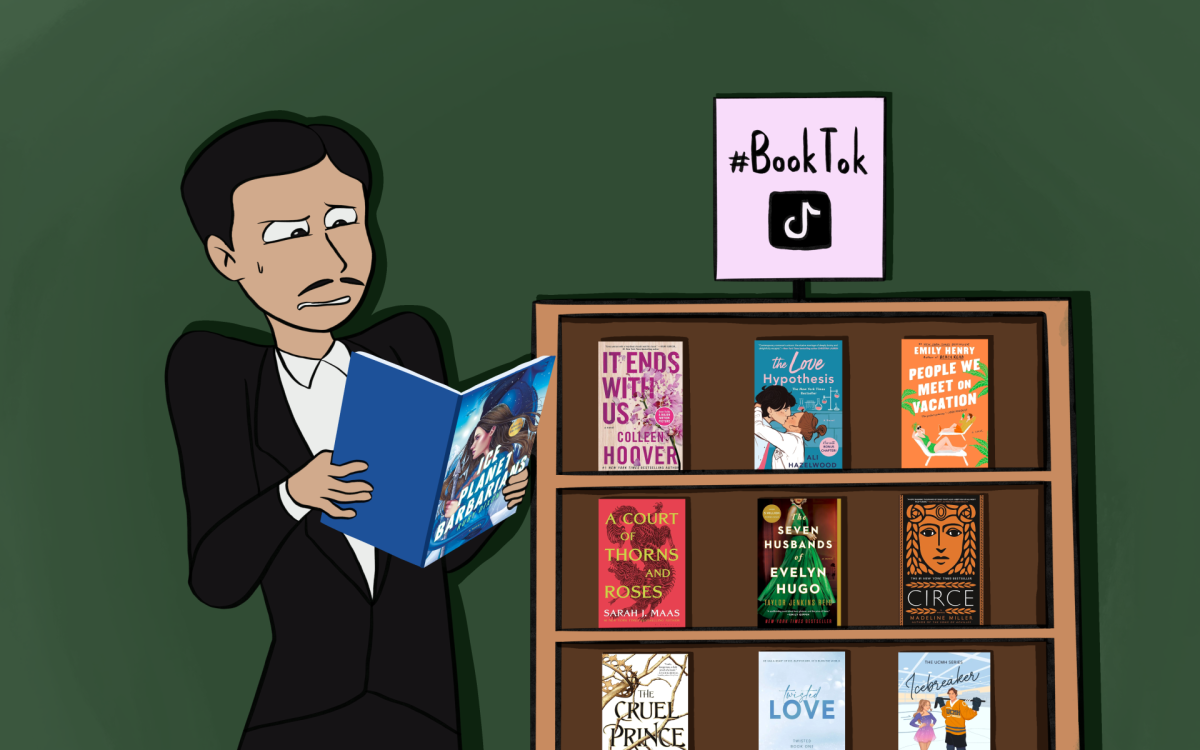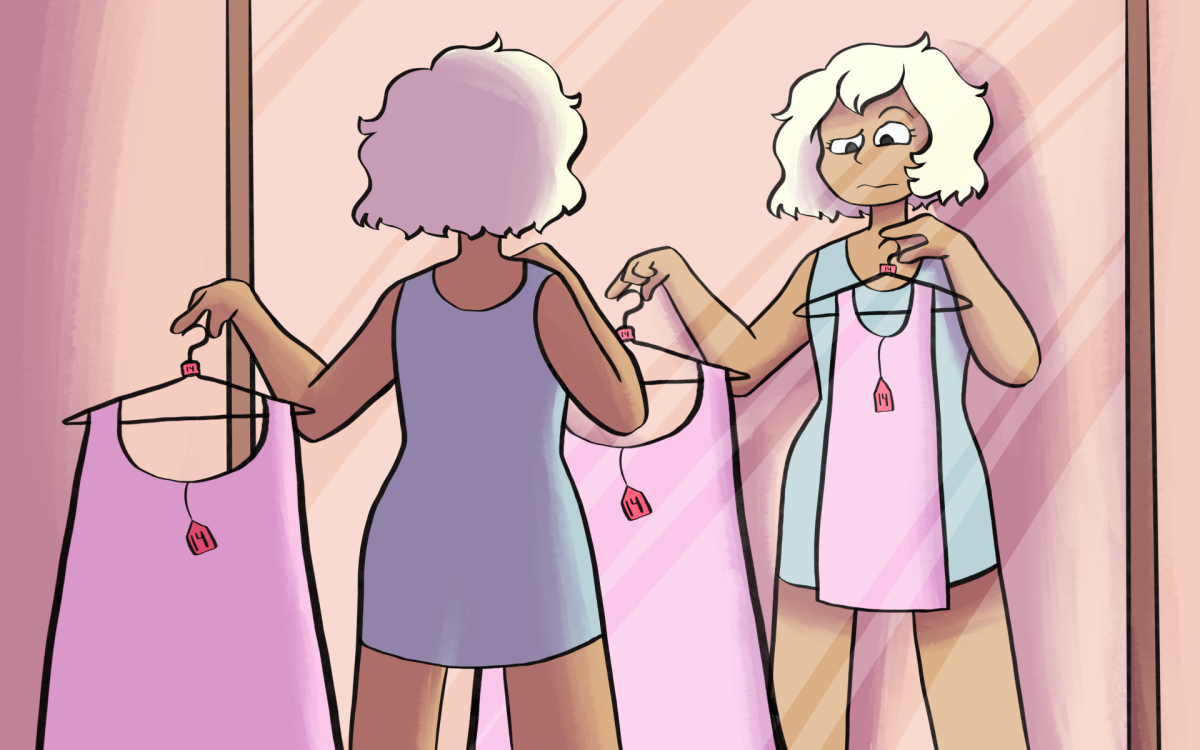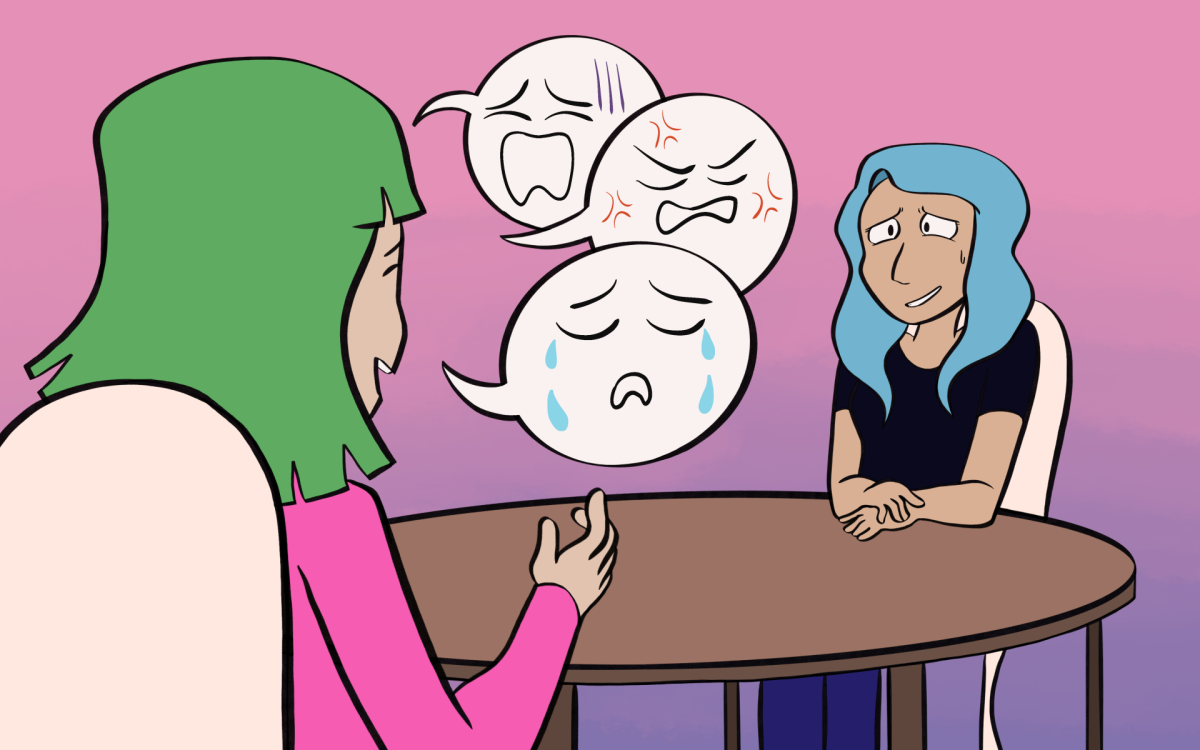The term “fake news” has been circling the media for the past couple of years and ruining media. It has gotten to a point that real news is being considered “fake news” just because some people do not like what that news is. I am defining “fake news” as something that is completely fabricated. There is no real story, facts or sources in the story. Everything has been made up.
“Fake news” can happen for many reasons. It can be for clicks on a site for financial purposes or to influence voters for upcoming elections or propaganda.
“(It’s) always a little difficult to unpack where the information is coming from. Who is it? What do they really believe? And then all that information is free, while journalism and things that take a lot of work obviously carry a cost,” said Jason Martin, a former Associated Press reporter who has been the department chair of journalism at DePaul for eight years.
“Fake news” is a danger because, as Martin said, we do not know where the information is coming from. It is also dangerous to journalists who come under fire for their work just because someone does not agree with it.
Last October Gallup posted an article showing that confidence in the media in 2023 matched the lows of confidence in 2016, which was at 27%. It is now at a new high of 39% of people had no confidence in the media at all, compared to the 2016 statistic.
The public has lost its trust in journalism and with that, loss of readership. Pew Research Center put out an article in November 2023 showing that in the year prior, the estimated circulation for both print and digital newspapers was down to 20.9 million, which was down 8% and 10% from 2021.
As the years go on, readership dwindles, which leads to uncertainty for college students pursuing a career in journalism.
Nika Schoonover, former DePaulia editor, recently got her master’s degree in public affairs from the University of Illinois Springfield and currently works in New York covering Brooklyn federal court for Courthouse News. As she begins her journalism career, she worries about burnout and the lack of trust in the media.
“I can’t speak for every journalist out there, but I think it can be hard over time to feel like you’re having to constantly defend your profession and your industry,” Schoonover said. “I think that the key to this is transparency, so people understand how a journalist reported a story.”
Showing your audience how you came to the conclusion and story that you did by showing the sourcing method and research method could be one step toward regaining the public’s trust. If mistakes do happen, journalists should own up to them and take accountability.
“Posting your methods of your reporting, the sources you talk to, the methods of research,” she said. “I know some publications have gone on board with that.”
Martin said that journalists should take pride in their company and by doing so, rigorous reporting will occur.
“The thing you’re doing as a reporter is putting your name and reputation behind what you are saying as the truth and you’re putting it out there,” Martin said.
Readers and viewers also need to know what is obviously fake and what is real. With a few simple searches, you could save yourself the trouble of believing a completely fabricated story.
I believe that some of the responsibility falls on the readers of the news as well. Some news is obviously fake and yet too many people do not take the time to dig more deeply because it is simply what they want to believe.
Trust can be rebuilt between viewers, readers, and journalists, but it takes time and effort on both ends. It’s not an overnight fix or solution, but if viewers and readers take the time to look into sources, the bridge will be closer together than before.
